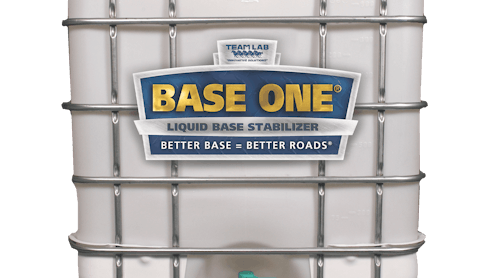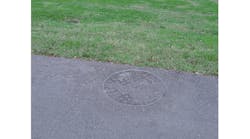The U.S. Centers for Disease Control and Prevention (CDC) issued updated guidance for travelers later last week, in which the agency indicated that fully vaccinated individuals can safely travel within the continental U.S. as well as internationally, provided they follow specific protocols, including wearing a mask on all forms of public transportation.
The CDC pointed to research on the effectiveness of the presently available COVID-19 vaccines that indicates a low risk to vaccinated individuals in making their recommendation for those persons to travel without a COVID-19 test or quarantining after traveling.
According to the CDC website, the updated guidance breaks down as follows:
- Fully vaccinated travelers are less likely to get and spread COVID-19.
- People who are fully vaccinated with an FDA-authorized vaccine can travel safely within the United States:
- Fully vaccinated travelers do not need to get tested before or after travel unless their destination requires it
- Fully vaccinated travelers do not need to self-quarantine
- Fully vaccinated travelers should still follow CDC’s recommendations for traveling safely including:
- Wear a mask over your nose and mouth
- Stay 6 feet from others and avoid crowds
- Wash your hands often or use hand sanitizer
Yet despite this new guidance, the CDC is not advocating or recommending travel. In a briefing, CDC Director Rochelle Walensky said, “We know that right now we have a surging number of cases. I would advocate against general travel overall. Our guidance is silent on recommending or not recommending fully vaccinated people travel. Our guidance speaks to the safety of doing so. If you are vaccinated it is lower at risk.”
At present, approximately ⅓ of the U.S. adult population has received at least one dose of a COVID-19 vaccine. The CDC defines a person as “fully-vaccinated” two weeks after receiving their last dose. In the case of the single-shot Johnson & Johnson vaccine, this translates to two weeks after the first and only shot. For the Pfizer and Moderna vaccines, it means two weeks after the second shot.
While this guidance is, in large part, directed toward air travel, it has direct ramifications on surface transportation as well, notably long-range travel, as the nation moves into a burgeoning spring and the associated school spring break and pending summer vacation.
__________________________________
Source: ABC News; CDC; New York Times












